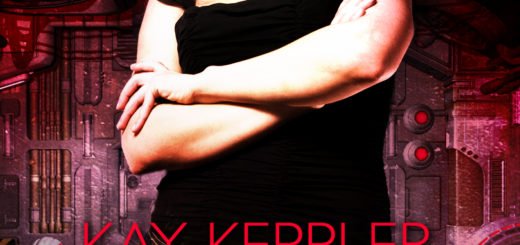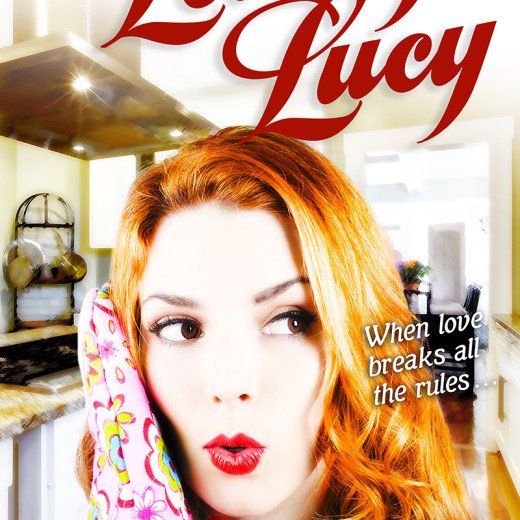Writing to Make a Difference: Indie Author Interview with Dalya Massachi
Welcome to today’s guest, Dalya Massachi, author and publisher of Writing to Make a Difference. Dayla has a passion for working with nonprofits, helping them raise money and get the word out about their causes. She specializes in helping social change professionals advance their missions through outstanding marketing and other written materials. I met with Dalya over coffee in Berkeley and had a great time getting to know her, so we did this Q&A together. Enjoy!
***
Dalya, Welcome! Thanks for agreeing to be interviewed. What can you tell us about your book?
Where should I start?!
My book, Writing to Make a Difference: 25 Powerful Techniques to Boost Your Community Impact, is full of wisdom on professional writing for fundraising and marketing. And because writing books are traditionally somewhat dry, I worked to make my book a particularly fun, friendly, and accessible resource.
Writing to Make a Difference includes over 500 examples and exercises at the end of each chapter called the “Writing Workout.” I especially enjoyed sharing my own stories in the “Personally Speaking” tidbits.
One reviewer called my book, “The Elements of Style for the grassroots fundraising and marketing world.”
Nice! What inspired you to write the book?
As I say in the preface, this is the book I wish had been around when I first started as a writer. In time, as I improved and needed deeper guidance, I would have re-read it more than once. I have worked for socially responsible organizations for over 20 years and I feel it’s time to share my insights and techniques more broadly than I can ever do in person.
While I continue to craft messages and tidy up language for my clients, my not-so-hidden agenda is always to build their own writing abilities and confidence. This is one of the ways I can “pay it forward.”
Who do you imagine is your ideal reader?
I think the book is especially relevant for those who want to use their writing to make a difference in the world — and that includes accidental, emerging, and seasoned writers. They might be working through an organization, such as a nonprofit or a green business, or they may be an individual activist or social change agent. I hope the book will serve as a key part of their active libraries.
What was your journey as a writer?
I like to say that I became a writer the day I learned to hold a pencil. I remember writing poems, short stories, and letters as early as first grade. By middle school, my political consciousness was starting to develop, and I wrote letters to the editor of my city’s newspaper — and they got published.
{Congrats!}
But at age 13, a serious bicycle accident landed me in the hospital for eight weeks with a head injury. I lost everything. I could not walk, talk, feed myself, control my hands. My father, however, knew that my writing self was trapped in there somewhere. In my wobbly and barely legible scrawl, I was to record the name of every person who entered my room: each doctor, nurse, family member, and friend. That visitor list got me back into writing, and a couple of weeks later a crucial moment imprinted itself on my memory.
That special day I looked out my hospital window and wrote a poem entitled Sunshine. It was only a few lines. That day I cried tears of joy, not pain. Though I could barely walk and my speech was slow and garbled, I could still write!
Soon afterward, when I was on my feet again, I plunged back in. I entered essay contests and led my high school newspaper. I published poems in the school literary magazine and was asked to contribute to an article for a national teen magazine. In college my love for writing expressed itself in my research papers and student publications.
After graduation I was determined to pursue my passion for writing in the public-interest sector. I started freelancing for local, national, and even international publications. During graduate school, I landed a gig as a guest columnist at the Columbus (Ohio) Dispatch.
I have concentrated on fundraising and marketing writing — with a journalistic touch — ever since.
What is your writing process?
I generally start by gathering the basic information I need. That means reviewing things I might have written before, interviewing others, and noticing things in my environment that may give me ideas. I also think about a general plan for my piece.
Then I just start wherever feels right — at the beginning, middle, or end.
The important thing is to start and keep writing and get the creative juices flowing. That creative process could take a while, and I have to let it develop. I even keep a lighted pen next to my bed to help capture my night-time inspirations.
Then I switch gears and put on my editor’s hat to take it to a more polished level. I never write anything with only one draft. Even an email!
Patience and perseverance are keywords here. My book actually goes through a lot of this, including writer’s block.
One of my favorite topics! What authors most inspire you?
You know, I read a lot of different materials, and can’t really identify a specific author or even a specific genre that most inspires me. I think great ideas can come from anywhere, as long as you keep an open mind.
How have you marketed and promoted your work?
I’ve used online channels, personal presentations/webinars, and direct outreach the most, so far. Other opportunities for book marketing are everywhere! For example, my new business card includes a tiny flyer about my book.
Fun! Why did you decide to indie publish?
I considered going with a traditional publisher but I was convinced that, due to my independent nature, I wanted to strike out on my own. I like not having to find an agent, not having to give up control over my own work, and not having to settle for a tiny fraction of the book’s sale profits. I also understand that traditional publishers expect authors to do almost all of their own marketing, which is what I’m doing anyway! I also learned a lot about book publishing, which I now am sharing with others.
So glad you are! What advice would you give to a first-time author thinking of self-publishing?
Publishing your own book has never been so easy! I recommend making sure you have the 5 basics down:
1. A great story to tell: Most people have a book inside them and I bet you do, too!
2. Time: Some people take a sabbatical to work on a book. Others work on it during their free time, before or after their jobs. And some people find that retirement is the best time.
3. Perseverance: The entire process takes months or even years. If you return to your initial motivations, you’ll be able to get through the tough times, again and again.
4. Some money (but less than you might think!): Depending on many factors, we could be talking about only a few hundred or a couple thousand dollars. The money doesn’t even have to come from your own pocket!
5. The right team: You’ll need to be able to trust in the professionalism of those you work with: your editor, your graphic designer, and so on. You’ll have to be confident that they have your best interests at heart.
Thanks Dalya for sharing about your book and expertise with us!
***
 Dalya F. Massachi, founder of Writing for Community Success, specializes in helping social change professionals advance their missions through outstanding materials. To learn about her blog, workshops, free e-newsletter, and other services go to: www.dfmassachi.net.
Dalya F. Massachi, founder of Writing for Community Success, specializes in helping social change professionals advance their missions through outstanding materials. To learn about her blog, workshops, free e-newsletter, and other services go to: www.dfmassachi.net.








[…] my journey as a writer and publisher in a new interview with me on the Writer’s Fun Zone blog HERE. I highly recommend independent publishing as a great way to share your words with the world! This […]
[…] Source: http://writersfunzone.com/blog/2012/02/16/writing-to-make-a-difference-indie-author-interview-wi… […]
Great interview! I’m totally inspired. I can’t wait to go through the process with Dalya.